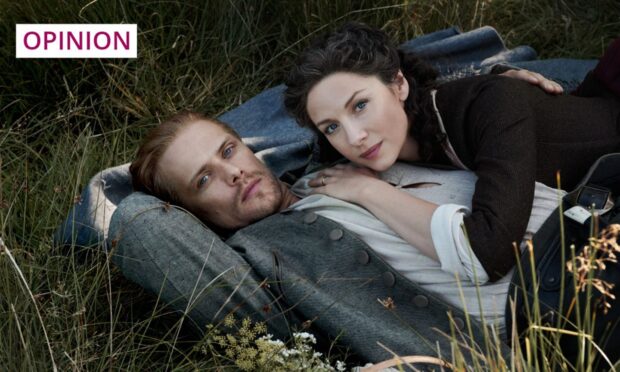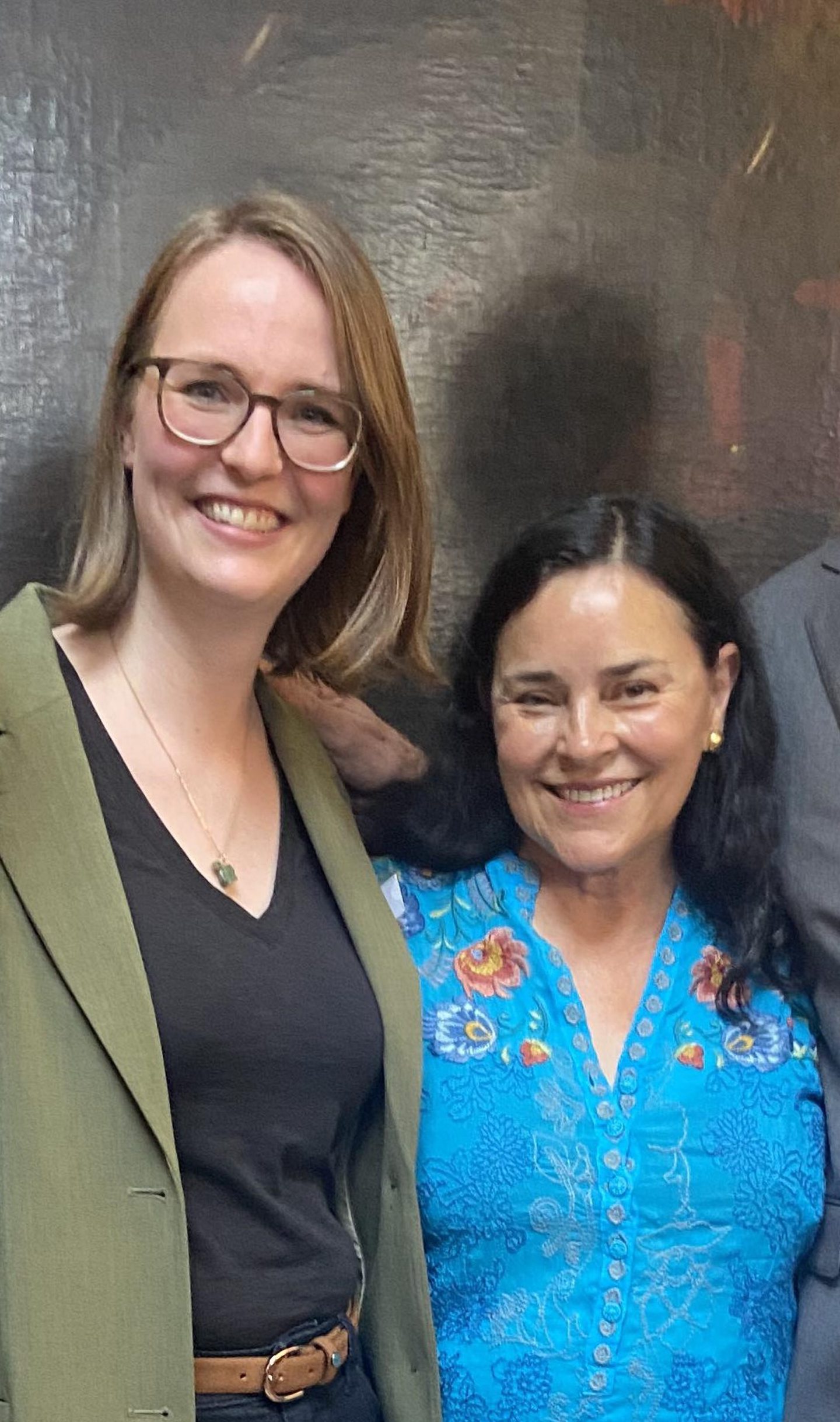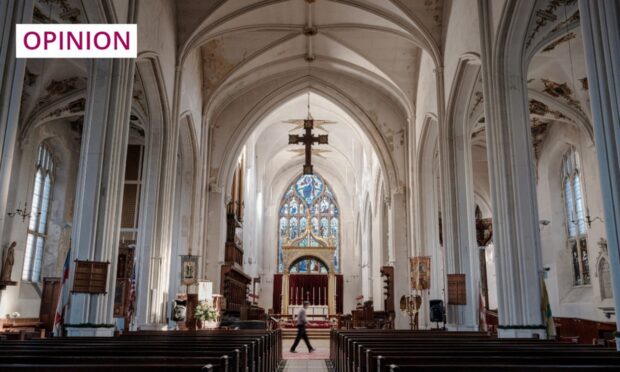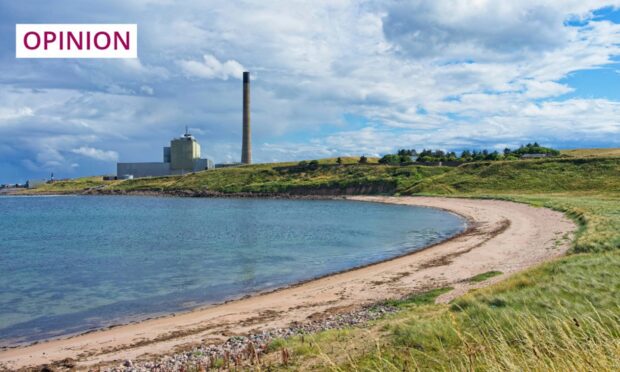“Doctor of Outlander? Are you sure you don’t want to pick a more academic subject?” Asked my Dad. (Or something along those lines.)
In 2017, I had the opportunity to come to Scotland for the first time in my life for an Erasmus scholarship, through my home university in Bonn, Germany. What a wild ride it has been since.
Staying in student accommodation on Inverness campus created amazing international friendships and memories I never will forget. I realised that not only did I love English literature (which I was studying for my master’s degree at the time) but, almost more so, Scottish history.
In a class on British identities, led by my now supervisor Dr Jim MacPherson, I wrote an essay on representations of Scottish identities using the television show Outlander as an example. As well as a great mark, I got a message from Jim: “If you ever want to come back to UHI to do a PhD in Outlander, I’d love to be your supervisor for that.”
After receiving that email, I phoned my family in Germany and said: “I might have to move to Scotland permanently.” Cue lots of laughter and jokes on the other end of the line – after all, I was known for going to other countries for a few months at a time to experience something new.
Once I had completed the semester abroad in Scotland, I returned to Germany to finish my master’s. But Jim’s feedback had stuck. I realised what I wanted to do: research historical fiction and how it can be used to understand a nation.
Then, everything happened so fast that I don’t even remember the exact details. I graduated from the University of Bonn in July and moved to Scotland in September. I settled down in the Tain area, a short drive from the Centre for History in Dornoch.
Pressing pause allowed new ideas to flow
Five months into my initial PhD research, the Covid pandemic paused life for everyone, and I was stuck in a wee Highland cottage, away from my entire family.
Originally, I had intended to research the effects of the Outlander novels and television series on German tourists visiting Scotland, but without visitors, there was no research.
I was unsure about my research, didn’t enjoy any kind of work that came with it and, if I’m being honest, I was probably depressed. I spoke to my supervisory team who were very supportive and encouraged me to keep going.
I managed to pull myself out of my daily struggles by taking on a job on a local potato farm, which was both a welcome distraction and a bit of a pause button for my PhD research – something that really helped me.
Then, throughout the next year and a half, I had new and exciting ideas for my research. Having met my partner through the potato farm job, life was less lonely.
Fast forward four years, and I am now one year away from permanent citizenship, have moved to Glasgow with my partner and achieved a teaching qualification. Most importantly, I can almost see the finish line of my PhD research, after lots of highs and even more lows. A PhD is a big undertaking, one that requires determination, finding oneself and realising the importance of a strong support system.
Bridging the gap between academia and the general public
Over time, my research has changed a lot. My thesis argues that Diana Gabaldon’s Outlander novels function as public history. Public history is the teaching and learning of history outside of an academic setting, such as museums, guided tours or, as I argue, historical fiction. I demonstrate this through different approaches, using both historical research and literary analysis.
Thanks to this interdisciplinary approach and clear focus on the novels, my research stands out among that of other academics, who mainly focus on the TV series and genre of the novels.
I was fortunate enough to be invited as a speaker at the first international Outlander conference, organised by the University of Glasgow in July this year. Interesting conversations with fellow academics really showed me that what I am researching is unique and hasn’t been done before.
I have met Diana Gabaldon multiple times now, and she is aware (and interested) in my research, even asking if I might be able to send her the finished thesis.
My hope for my thesis, once it is finished, is to publish it at an affordable price. The Outlander fandom consists of many intelligent and intellectual people who have a genuine interest in Scottish history, literary devices and the possibilities of historical fiction.
By publishing an academic book that is, at the same time, accessible to a non-academic audience, I want to bridge the gap between academia and the general public, like Outlander does as public history.
For me, it never felt like I immigrated to Scotland, or that I uprooted my entire life; it just felt like the right thing for me to do. Four years later, I don’t regret any decision made along the way. I have an amazing life in Glasgow, feel confident with my research, and am looking forward to finally becoming “Doctor of Outlander”.
Alex Dold is a history PhD student at UHI












Conversation